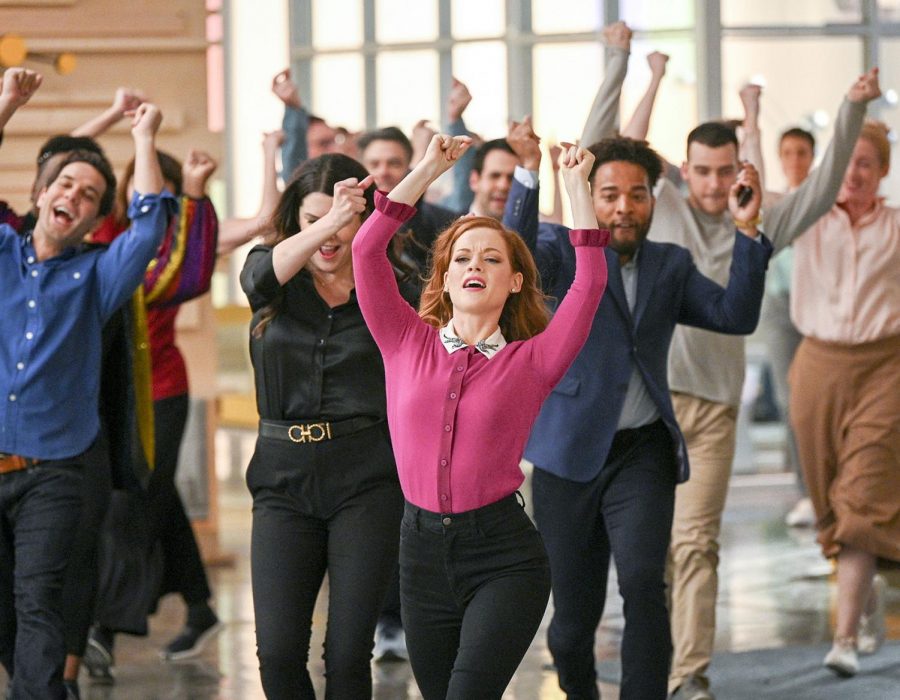We need to keep television weird
Opinion Columnist Taylor Lien discusses how the television industry needs to produce intriguing new content in order to capivate younger audiences
Feb 10, 2020
Television as an art form and medium has not existed for very long, but there are more than a few well-established genres and tropes that we have come to expect in our television. Network television in an age of streaming is struggling to keep up, and seemingly every month another media conglomerate is launching their service enticing you to pay more for another streaming service.
The industry is still figuring out how streaming is going to turn out, but network television has seen the writing on the wall for several years. Live viewership has dropped dramatically, especially for big live events like the Oscars and other awards shows. Much of the consensus I’ve seen about how to fix this problem is to stay close to what people are used to. Since older generations are still watching network television we can’t disrupt what has worked for a long time.
I’m not here to say that logic is entirely wrong, but I think that is a dangerous direction to take. Why is that? Because TV has always been weird, in format, content and subject matter. Straying away from those roots seems like a betrayal of what founded American network television in the first place.
If you need proof of why this is important, look no further than what television people are talking about on the Internet on a given day. In the past few weeks, my timeline has been filled with conversations about “The Witcher,” “The Good Place” and “Zoey’s Extraordinary Playlist.” None of these shows fit a very clean or traditional mold of television. Two of those happen to be network shows and one is not. I think for the viewer, whether or not a show is on network television scarcely matters anymore. For the industry though, I think that makes all the difference.
Streaming allows network and original content alike to find audiences that even ten or fifteen years ago would not have discovered these shows. I readily complain to friends that shows like “Pushing Daisies” and “SMASH” got canceled too soon because they were ahead of their time and better suited for streaming in order to find their respective audiences.
Many of my favorite network television shows, or at least the ones I care to revisit, are the ones who have pushed the boundaries of what people expect from network television. My love for “The Good Place” is well-known, but shows like “Parks and Recreation,” “The Office” and more were, for their time, pushing the boundaries of what comedy looked like on network television.
There is a place in every streaming line-up or network schedule for police procedurals or medical dramas. I would be lying if I said I had never watched any of those, but I think the guaranteed revenue from shows like that should encourage networks to take more chances. I think the subversion of tried and true formats is also very underappreciated. I know we all love to hate “Riverdale” and the gritty reboots its spawned, but shows like that feel reflective if not a little hyperbolic of the time in which teenagers and young adults are living through.
How can you keep TV weird, you might be asking? Take a chance on those shows that seem a little strange or out of your comfort zone. Shows are still dependent on things like viewership numbers even on streaming services. Talk about the shows you love online and to your friends. The amount of media we are all expected to consume to keep up seems overwhelming, so make it easier, watch the stuff your friends recommend or you recommend to other people.
Television has always been reflective of the time in which it exists. We are living through an era of television that’s been dubbed peak TV, but can TV really peak if it is not pushing the boundaries of its own format?

















